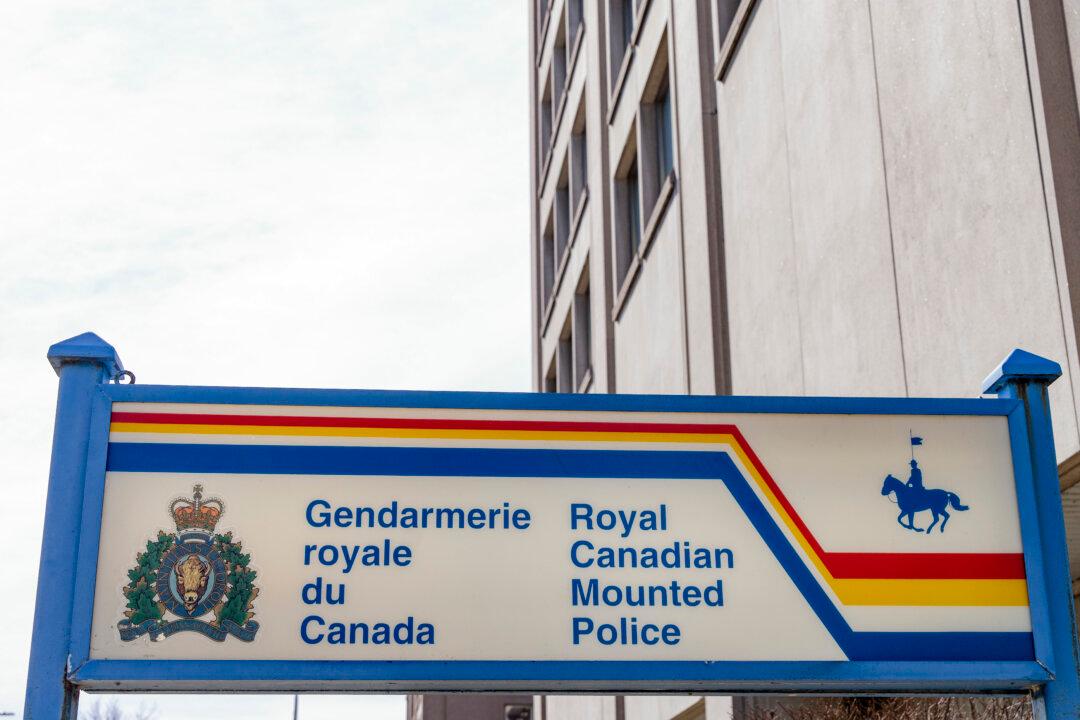The federal government has announced that former RCMP deputy commissioner and national security adviser to the prime minister Kevin Brosseau will serve as the new fentanyl czar, a position that was created as part of a deal to stave off U.S. tariffs.

Assistant RCMP Commissioner Kevin Brosseau (L) takes part in a press conference with RCMP's Deputy Commissioner for Aboriginal Policing Janice Armstrong and Superintendent Tyler Bates in Winnipeg on May 16, 2014. The Canadian Press/John Woods





